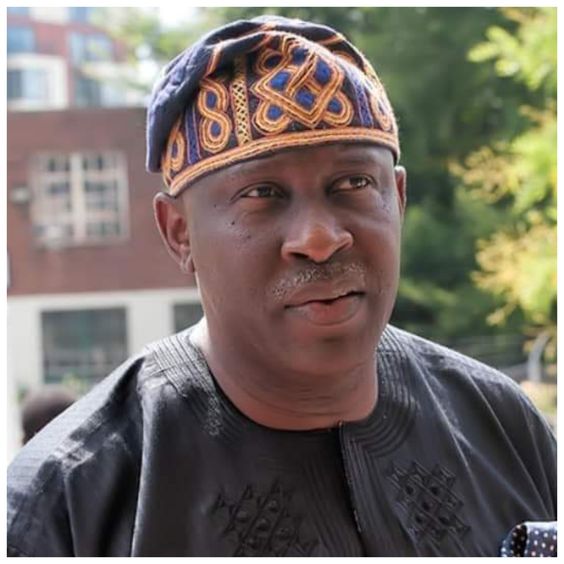Nigeria
Court postpones decision in lawsuit contesting choice of new Soun of Ogbomoso until October 25

The Prince Kabir Olaoye-initiated lawsuit contesting the choice of Prince Afolabi Ghandi Olaoye as the new Soun of Ogbomoso has been postponed until October 25 by an Oyo High Court in the Oke-Ado neighbourhood of Ogbomoso.
According to OBASANJO NEWS24, Prince Kabir Olaoye challenged the appointment of Prince Ghandi Olaoye on a number of grounds, including irregularities in the processes that produced him. He subsequently pleaded with the court to, among other reliefs, set aside the nomination and to order a new process in the lawsuit designated HOG/27/2022.
The three reliefs requested by one of the claimants, Prince Adeyemi Taofiq Akorede Olaoye, who was opposing the Tuesday kingmakers’ selection of the new Soun of Ogbomoso, were also denied by Justice AK Adedokun.
Chief S Otolorin (JP) (Areago of Ogbomosoland); Chief Salawu Ajadi (Jagun of Ogbomosoland); Chief Tijani Abioye (Bara of Ogbomosoland); Chief David Adeniran Ojo (Ikolaba of Ogbomosoland); and Chief Yusuff Kasali Oladip are among the Oyo State governor, attorney general, and commissioner
The claimant further argued that his father, Pa Alhaji Abdulfatai Olalekan Olaoye, as “the present Aremo and head of family of Olaoye Ruling House of Ogbomosoland,” ought to be the automatic candidate to fill the vacant stool or be given the privilege to nominate a person as a proxy to fill the vacant chieftaincy stool in his place.
Adedokun stated that the kingmakers had a quorum when he delivered his ruling, noting that the 1953 Soun declaration statute required that at least four kingmakers be present for the discussion and nomination of Soun.
He claimed there was no need to name a warrant chief to succeed the late Balogun, who passed away before the kingmakers gave the nomination any thought.
In addition, the court claimed that the method used to choose Prince Afolabi Ghandi Olaoye was “valid, proper, and legal,” and he denied the claimant’s request for eligibility on the grounds that the only person who qualifies is his father.
